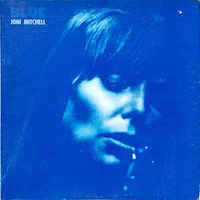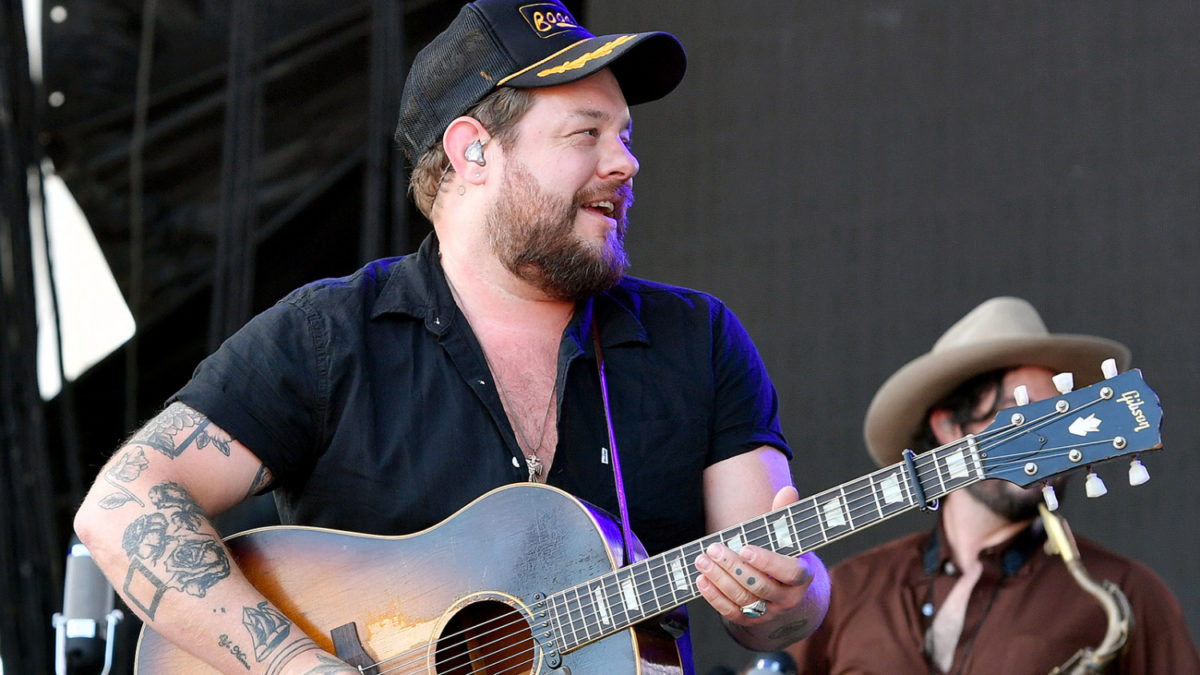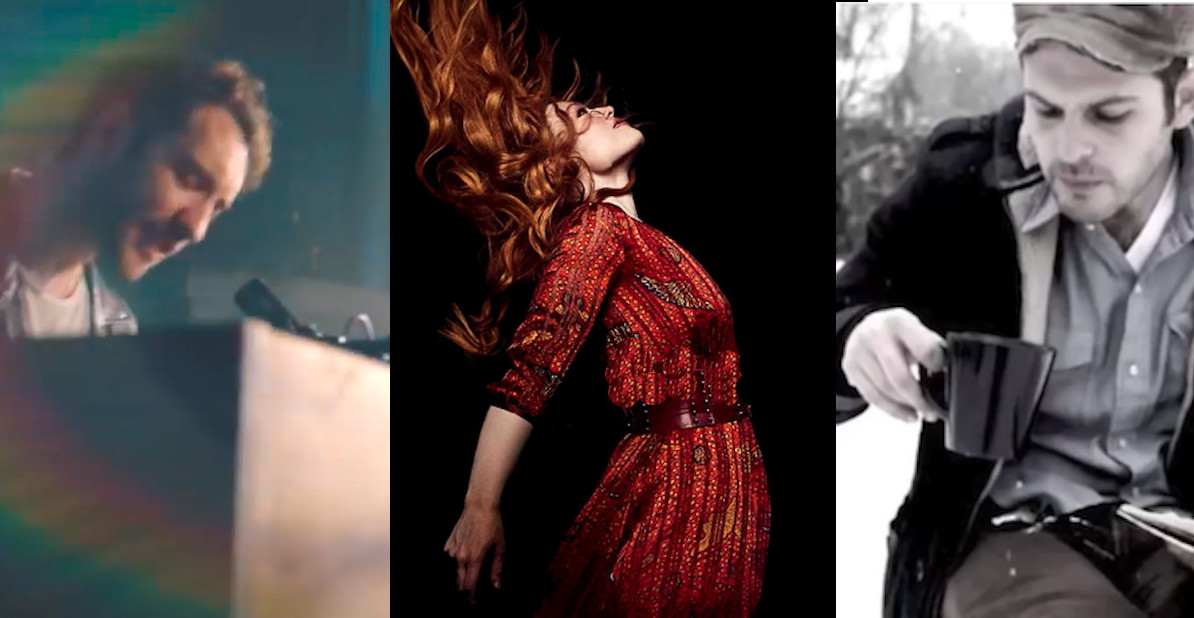Every songwriter’s dream: A total stranger stumbles across your song on YouTube, falls in love with it in the first 30 seconds, and immediately dashes over to iTunes and actually buys it. Then, your new fan sets aside an evening, turns off the phone so they won’t be disturbed, puts on headphones and curls up in a comfy chair to ponder every syllable, every note, and every nuance of the brilliant masterpiece you slaved over.
We wish. The unfortunate truth…
You manage to get your song in front of listeners any way you can. Maybe you covered a hit song in a unique way. A listener who is a fan of that song stumbled across your version on YouTube and decided to check out your other stuff. While they’re doing that, they’re half-watching a TV show, snacking on pizza while surrounded by kids, roommates, or siblings, and getting a half-dozen texts from friends. Although they may hear your song, they’re not thinking about what they hear.
That’s the harsh reality, but just remember every other song gets pretty much the same treatment. And once you know that, there is something you can do: Use trigger words.





